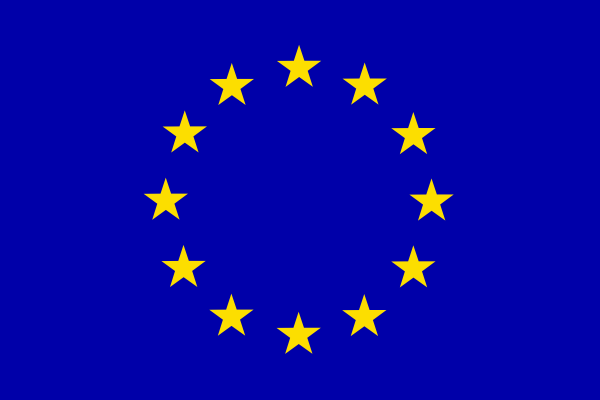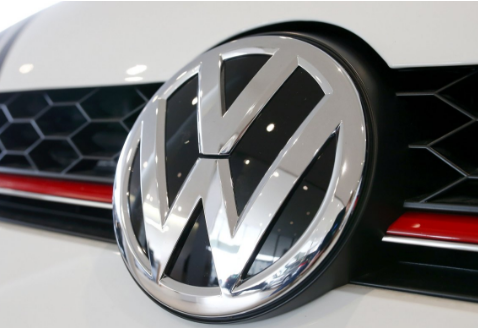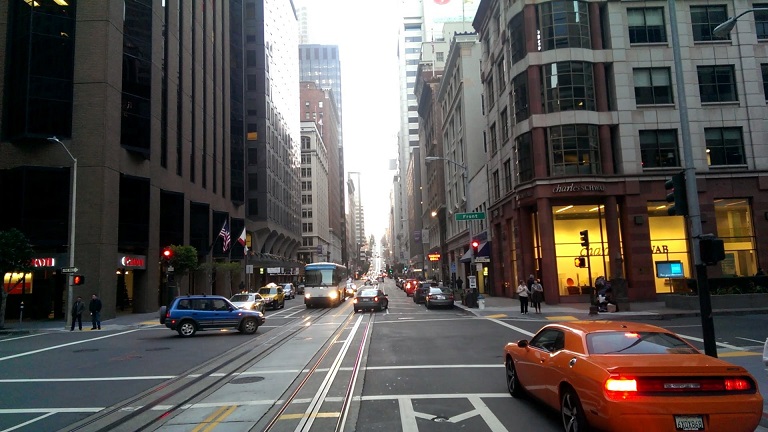Now Reading: Apple, Volkswagen, BMW caution EU over patent fees guidelines
-
01
Apple, Volkswagen, BMW caution EU over patent fees guidelines
Apple, Volkswagen, BMW caution EU over patent fees guidelines

Apple, Volkswagen, BMW and Daimler have alerted EU regulators that embracing patent charge guidelines which prefer Qualcomm and Ericsson could harm customers and hinder innovation.
The companies’ lobbying group, the Fair Standards Alliance (FSA), voiced their issues in a letter dated October 16 to European Commission President Jean-Claude Juncker, Competition Commissioner Margrethe Vestager, Industry Commissioner Elzbieta Bienkowska and their associates.
The move comes as the EU executive contemplates whether a fridge maker should pay a different rate for important patents than an automaker, or whether a flat, fixed rate would be fairer, with trillions of dollars in sales at stake.
Sources state the latest Commission draft prefers the patent charge model used by world No. 1 smartphone chip designer Qualcomm and Ericsson, which predominates in the tech market and is based on how much value a technology contributes to a product. It is opposed by Apple, Google and others in Silicon Valley, who prefer fixed costs.
Bienkowska’s officials, who are heading the drive, are now looking for feedback from other units in the Commission and goal to complete the guidelines by the end of November.
“The European Commission risks endangering Europe’s potential to be a world leader in the Internet of Things by supporting a patent licensing system which rewards a couple of entrenched patent-holding companies at the cost of innovative companies and ultimately customers,” the FSA said in the letter seen by Reuters.
Volkswagen, BMW and Daimler stated the problem was of particular concern for their market where automobiles progressively resemble digital gadgets because of using wireless technologies.
“We are now confronted with components that are not certified, and for which we receive claims or demands to participate in licensing discussions, although these innovations are completely implemented at the component or module level,” the letter stated.
“We do not have the relevant technical knowledge to fully evaluate whether a license is required or what a fair rate for such innovation might be.”
The Commission, which is doing a wider push to set new rules of the road for internet-connected devices beyond just computers and smartphones to cover vehicles, home automation and energy gadgets in the so-called Internet of Things (IoT) age, said it was acting in the interests of Europeans.
Stay Informed With the Latest & Most Important News
Previous Post
Next Post
-
 01Polestar Boss Says It’s Time To Outrun BMW M And Mercedes-AMG
01Polestar Boss Says It’s Time To Outrun BMW M And Mercedes-AMG -
 02Spy Shots: 2027 Mitsubishi Pajero Spotted in Testing Ahead of Possible U.S. Return
02Spy Shots: 2027 Mitsubishi Pajero Spotted in Testing Ahead of Possible U.S. Return -
 032026 Toyota Hilux EV: A Powerful Truck with Silent Torque
032026 Toyota Hilux EV: A Powerful Truck with Silent Torque -
![2027 Mercedes-Benz S-Class Debuts with V8 Engine [Photo Gallery]](https://speedlux.com/wp-content/uploads/2026/01/2027-Mercedes-Benz-S-Class-33-155x125.jpg) 042027 Mercedes-Benz S-Class Debuts with V8 Engine [Photo Gallery]
042027 Mercedes-Benz S-Class Debuts with V8 Engine [Photo Gallery] -
 052026 Corvette ZR1 Production Surges Past Expectations as Output Clears 1,000 Units
052026 Corvette ZR1 Production Surges Past Expectations as Output Clears 1,000 Units -
 06Spy Photos: VW ID. Polo GTI Goes Electric with 223 HP and 280 Miles of Range
06Spy Photos: VW ID. Polo GTI Goes Electric with 223 HP and 280 Miles of Range -
 07Hyundai Palisade’s Breakout Year Shows How Quickly the Market Can Turn
07Hyundai Palisade’s Breakout Year Shows How Quickly the Market Can Turn



![2027 Mercedes-Benz S-Class Debuts with V8 Engine [Photo Gallery]](https://speedlux.com/wp-content/uploads/2026/01/2027-Mercedes-Benz-S-Class-33-700x394.jpg)










































